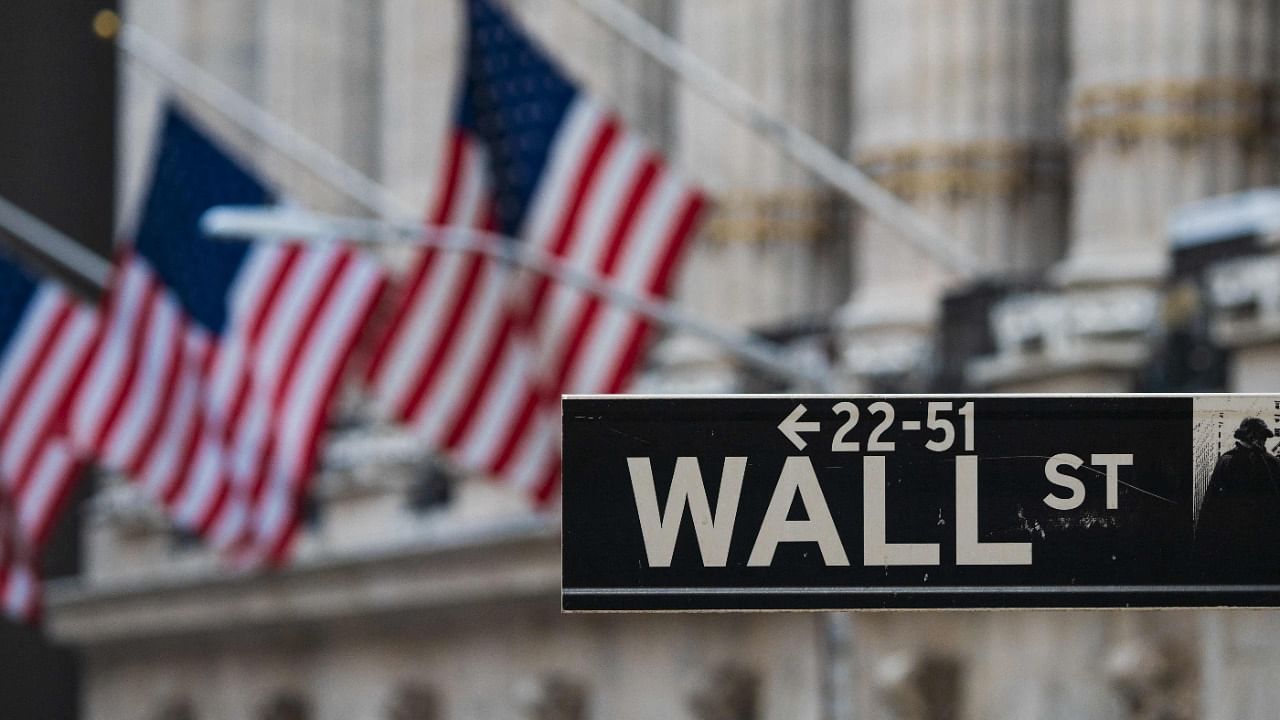
The S&P 500 ended down slightly on Tuesday, with investors selling tech-related growth shares following a rise in US Treasury yields.
At the same time, S&P 500 financials, industrials and consumer discretionary rose, extending the recent rotation out of growth and into so-called value names.
The Nasdaq was on track for its first monthly loss since November following the recent rise in Treasury yields. Tech stocks, which have a low-rate environment heavily baked into their high valuations, have been among the hardest hit by the rise in yields.
"It's somewhat of a leadership-less market," said Tim Ghriskey, chief investment strategist at Inverness Counsel in New York. "Investors' preferences are flipping around here almost on a daily basis, primarily between tech plus and cyclicals.
"Cyclicals have certainly had the upper hand here for a while, trading off the reopening of the economy. Tech plus holds in there because it's really the promise of the future - it should provide investors with steady growth."
The benchmark US 10-year Treasury yield hit a 14-month high of 1.776% early on Tuesday, but was at about 1.717% by late afternoon in New York.
Unofficially, the Dow Jones Industrial Average fell 100.3 points, or 0.3%, to 33,071.07, the S&P 500 lost 12.21 points, or 0.31%, to 3,958.88 and the Nasdaq Composite dropped 14.25 points, or 0.11%, to 13,045.39.
"For the next day or two, (value stocks) will probably be leaders because we have quarter-end and institutions want to make sure that they have exposure to the names that performed well," said Robert Pavlik, senior portfolio manager at Dakota Wealth in New York.
Bets on a swift economic rebound backed by vaccine rollouts and unprecedented stimulus have helped the S&P 500 and the Dow hit record closing highs recently.
On Wednesday, President Joe Biden will unveil more details about the first stage of his infrastructure plan, which could be worth as much as $4 trillion.
Bank stocks rebounded as investors took heart from signs that the impact from the fall of a US hedge fund did not ripple out to broader markets.
Wells Fargo & Co jumped after the lender said it had a prime brokerage relationship with Archegos Capital and that it no longer had any exposure and did not experience any losses.